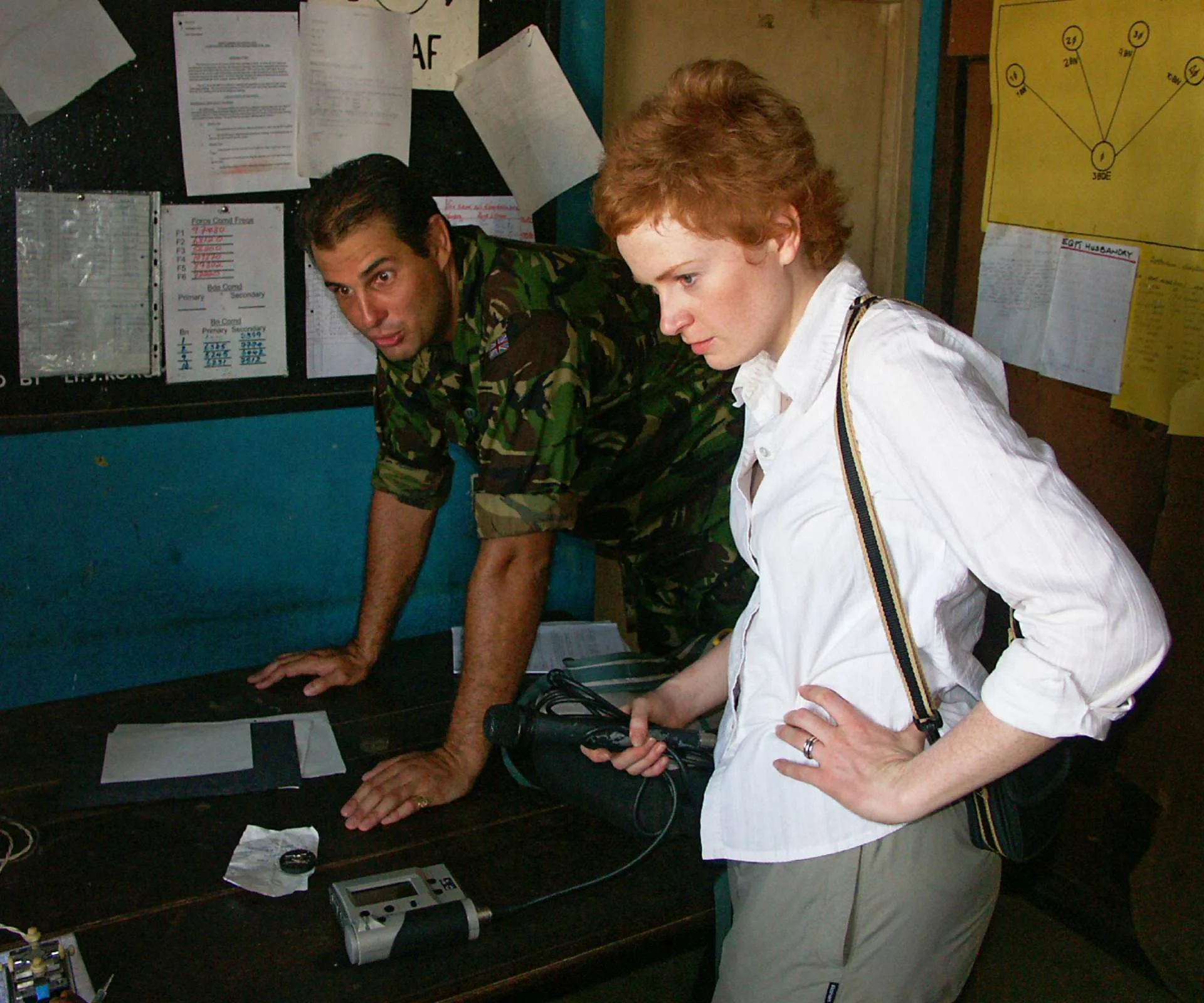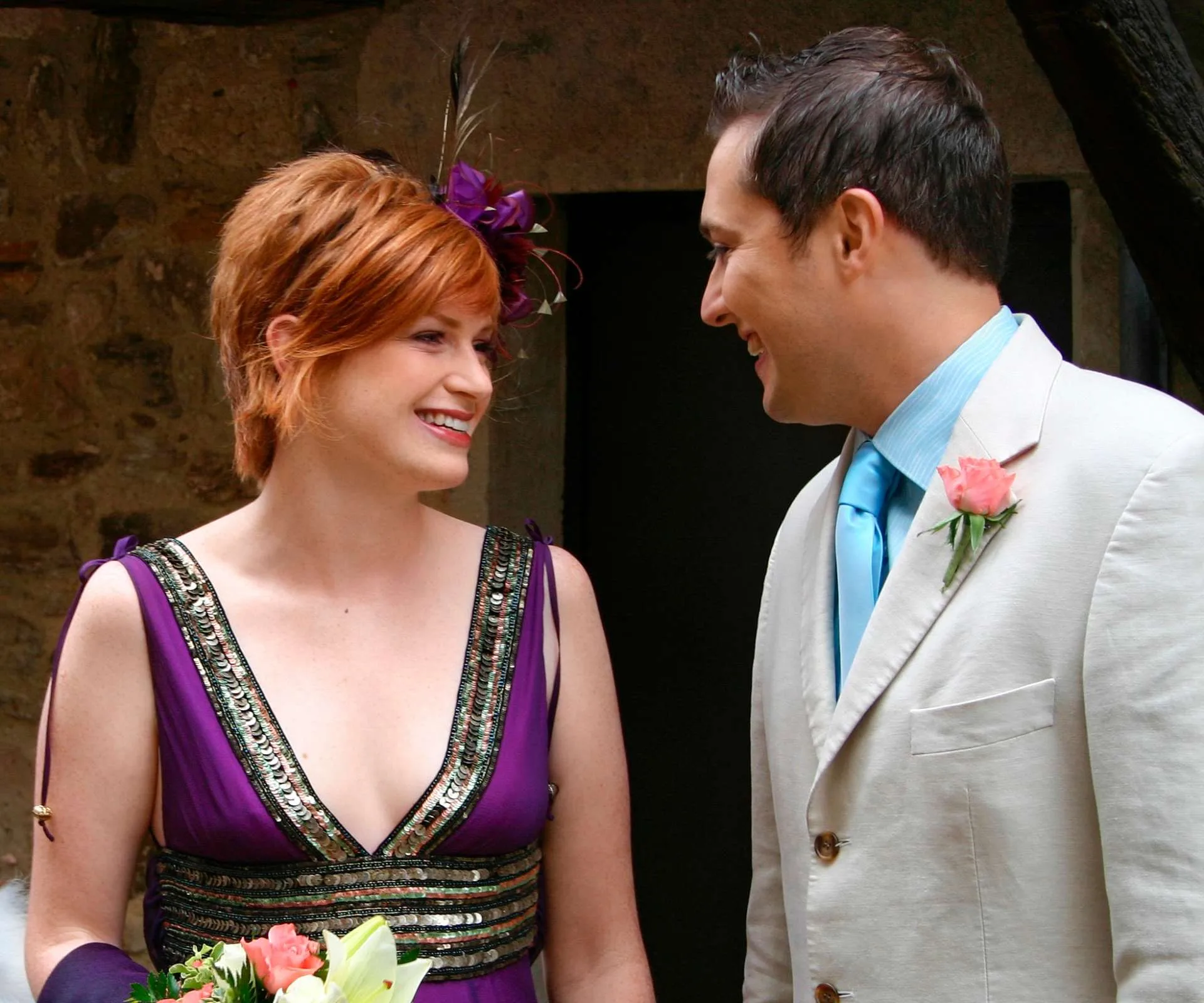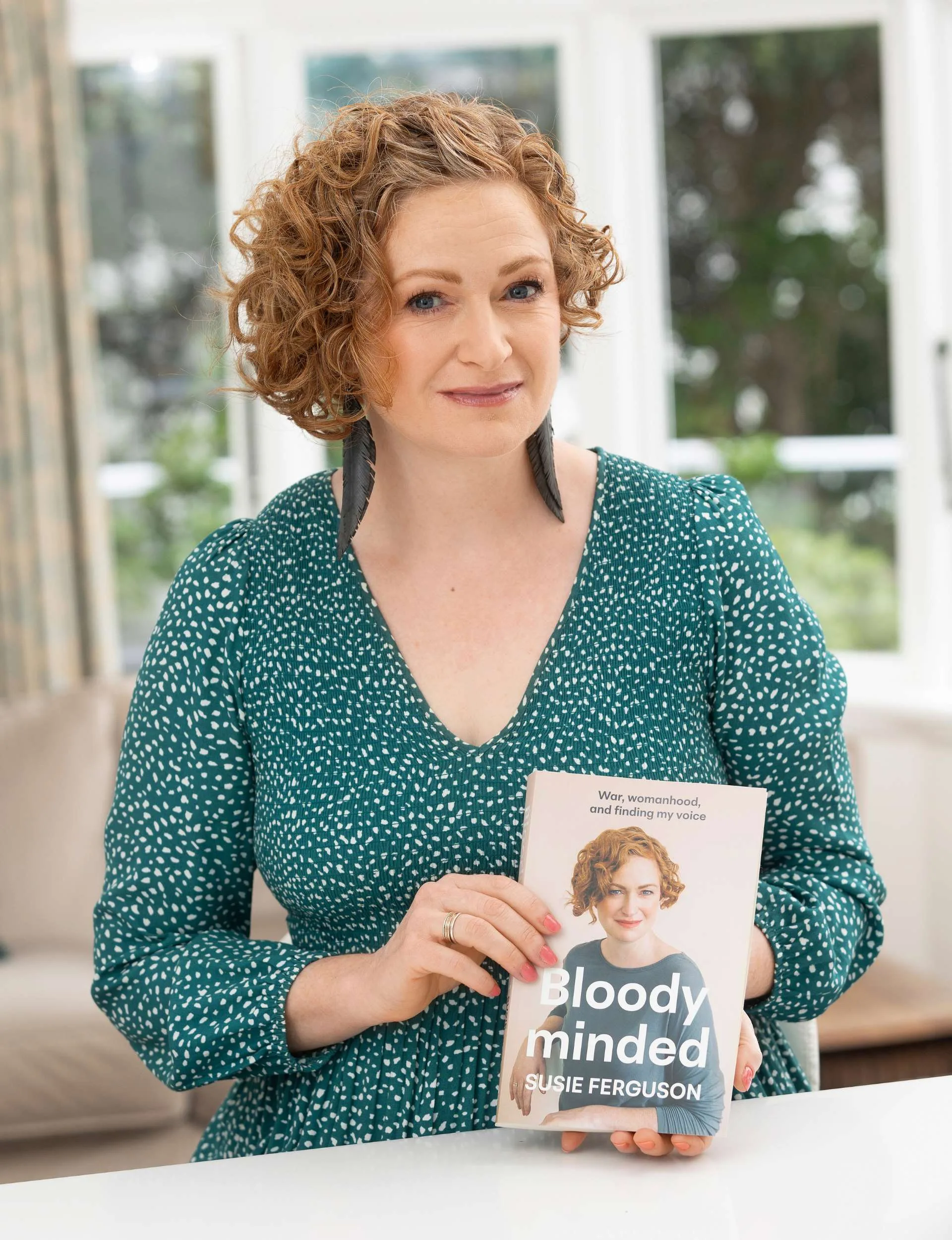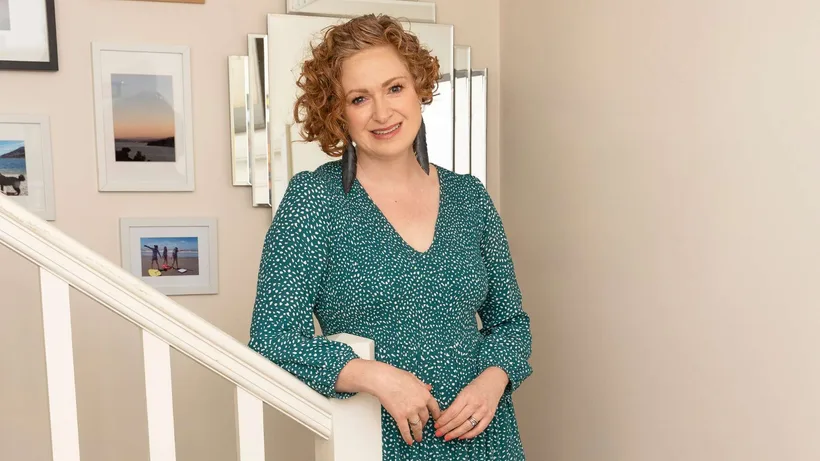Originally published by Women’s Weekly October 17, 2024
Susie Ferguson has reported from Iraq, Afghanistan, Bosnia and Sierra Leone. The seasoned journalist and war correspondent also covered 2004’s Boxing Day tsunami, the Christchurch shootings in 2019 and on her RNZ show Saturday Morning, she regularly reports alongside co-host Mihingarangi Forbes about airstrikes, floods and global current affairs.
But the mother of two says her biggest personal battle has been with her own body due to endometriosis, and her terrifying introduction to motherhood.
“I had excruciating pain from when I was a teenager until I had a hysterectomy at 40,” says Susie, 47. She’s an advocate for women with endometriosis, and her book Bloody Minded details her struggle with the condition.
“I’d get this searing, white-hot pain, a cramping in my pelvis, like something tearing at my insides. I’ve interviewed prime ministers and reported from court almost doubled up with pain. I’ve been through childbirth twice, using just gas and air, but nothing compares to the agony of endometriosis.”

Scottish-born Susie now lives in Wellington with her husband, management consultant Lee, 50, and their son, 15, and daughter, 11, whom she prefers not to name. She grew up in a medical environment – her mother was an anatomist at Edinburgh University, her father a GP and a member of the Territorial Army – but although at 15 she realised something wasn’t right, she wasn’t diagnosed with endometriosis until aged 28.
“By my early twenties, the pain was crazily miserable and steadily continued ramping up,” she tells. “It wasn’t just when I had a period – it would happen any time.”
For 13 years, Susie searched for answers, although she was told she had “suspected endometriosis” in her twenties, as endometriosis can’t be confirmed without surgery. “What was happening didn’t feel normal, but I was told it was,” she explains.
Treatment suggestions ranged from painkillers, which she took multiple times a day, to one doctor even suggesting to her as a student that having a baby might cure her endometriosis.
The risk of fertility issues is significantly higher for women with endometriosis than those who don’t. So, when Susie met Lee aged 22, she was upfront about her condition.

“We had ‘the conversation’ early in the relationship as I didn’t know if I could have kids and Lee wanted them,” she says. “We’d only been dating a few weeks, but I had to let him know that I wasn’t sure I would be the person for him because, on paper, my chances of conceiving weren’t great.”
The pair married in 2006 and, surprisingly, conceived easily. But Susie suffered two miscarriages before her third pregnancy went to term.
“I wish I’d known at the time that you’re at higher risk of miscarriage if you have endometriosis,” she says. But while that pregnancy was relatively straightforward, what came next terrified her.
“The birth felt incredibly violent and traumatic,” she says. “I was in absolute shock. I didn’t feel that ‘rush of love’ at all and breastfeeding was almost impossible.”
Her son slept for hours, but her midwife told her it was normal. It had been a long couple of days, so Susie told her mum and Lee, who’d been there for the birth, to go home and get rest. Seconds after they left, however, a paediatrician accused Susie of neglecting her baby. “She said to me, ‘If you won’t feed him, we will,’” she recalls. “I felt like someone had slapped me.”
Susie continued to struggle with breastfeeding, but weeks later learned she’d had a retained placenta, meaning some of the placenta stayed in her uterus after he was born – a common cause of low or no milk supply following birth.

“I kept trying to feed him, but he wasn’t putting on any weight. The midwives kept telling me I wasn’t doing it right,” she recalls. “I became gripped with terror that I was an unfit, terrible mother. I worried that social services would come and take my baby away.”
Susie says she feels more sadness than anger at what happened. So, she felt delighted when having her daughter went without a hitch.
“I feel very lucky to have her as I wasn’t given any treatment for the retained placenta, which can leave women infertile and can even lead to death,” she says. “I’ll be keeping an eye on my daughter’s pain levels for sure. It’s amazing what we just accept is ‘normal’.”
Susie’s experience is part of why she decided to write Bloody Minded. “Being a woman gives a new context to what happens in a war zone. I hope my book gives readers a road slightly less travelled.”



